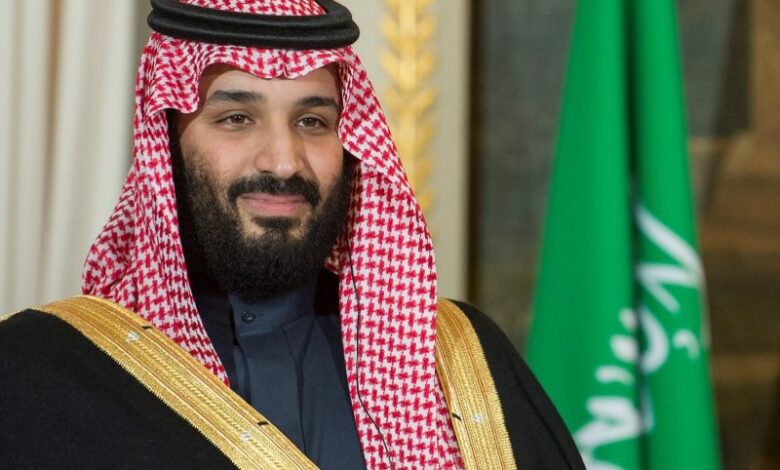BRICS: Why Has Saudi Arabia Not Yet Joined the Alliance?

In one of the most surprising developments for the BRICS bloc, Saudi Arabia has yet to join the economic alliance. After receiving its invitation at August’s 2023 Annual Summit, it was widely believed that Riyadh accepted the offered membership. Since the start of 2024, however, the country has stated that is not the case.
Yet, what has changed to place such a sure partnership between the country and the collective in jeopardy? Reuters reported that Saudi Arabia was still considering membership, despite the official inclusion of expanded countries taking place at the start of the new year. Could the nation follow Argentina and reject its invitation? Or are the developments much ado about nothing?
Saudi Arabi Still Considering BRICS Membership; But Why?
Throughout last year, the growth of the BRICs alliance was a key geopolitical event. Indeed, the bloc enacted the first expansion plan of its history. Then, it invited Saudi Arabia, Argentina, the United Arab Emirates (UAE), Iran, Egypt, and Ethiopia. Since that invitation, only Argentina has officially rejected offered membership amid a regime change.
However, amid the official inclusion date for BRICS expanded nations, Saudi Arabia has yet to join the alliance. Moreover, reports have stated that the country is still considering the prospect of joining the alliance, despite being given the initial invitation in August of last year.
Many viewed Saudi Arabia’s inclusion into BRICS as a foregone conclusion. The country is already a part of the bloc’s New Development Bank and hasn’t said anything that would signal a rejection of the alliance’s invitation until now.
Specifically, Saudi Arabia’s Minister of Commerce, Majid Al-Kasabi, contradicted media reports, noting that the process for inclusion has not yet been made official. Moreover, reports highlighted increased geopolitical tensions between the alliance and the United States as a reason for the prolonged consideration.
Sources have said that Saudi Arabia is still undergoing a consideration process. Moreover, they ensure that the country is “assessing the benefits” before a decision is made. When questioned on the process, Saudi Arabia’s Economy Minister, Faisal Alibrahim noted the kingdom’s “many multilateral platforms and multilateral institution,” for which it is involved.
“Whenever the kingdom is invited into one of them it goes through a process that is multi-step process and a the end of it a decision is made,” he stated. “Right now we are in a similar process and I will comment on the end of it.”
Many have perceived the development to have come out of nowhere for the relations between BRICS and Saudi Arabia. However, its strong ties to the United States likely remain a key reason for the delay.
BRICS has not been shy in its quest to lessen the international prevalence of the US. Seen explicitly in its de-dollarization efforts, the bloc has sought to orchestrate the creation of a multipolar world. However, such action comes into conflict with the West’s dominant status. Such a development could threaten Saudi ARabia’s relations with the US.
Director General of the Security Research Center of Naif Arab University for Security Sciences, Hesham Alghannam, discussed the development. Specifically, he referenced “political implications,” as the greatest drivers in a delayed decision. “The Kingdon aims to maintain n equal distance from all major powers and, at present, it doesn’t want to send any signals that could be misinterpreted by any party.:




